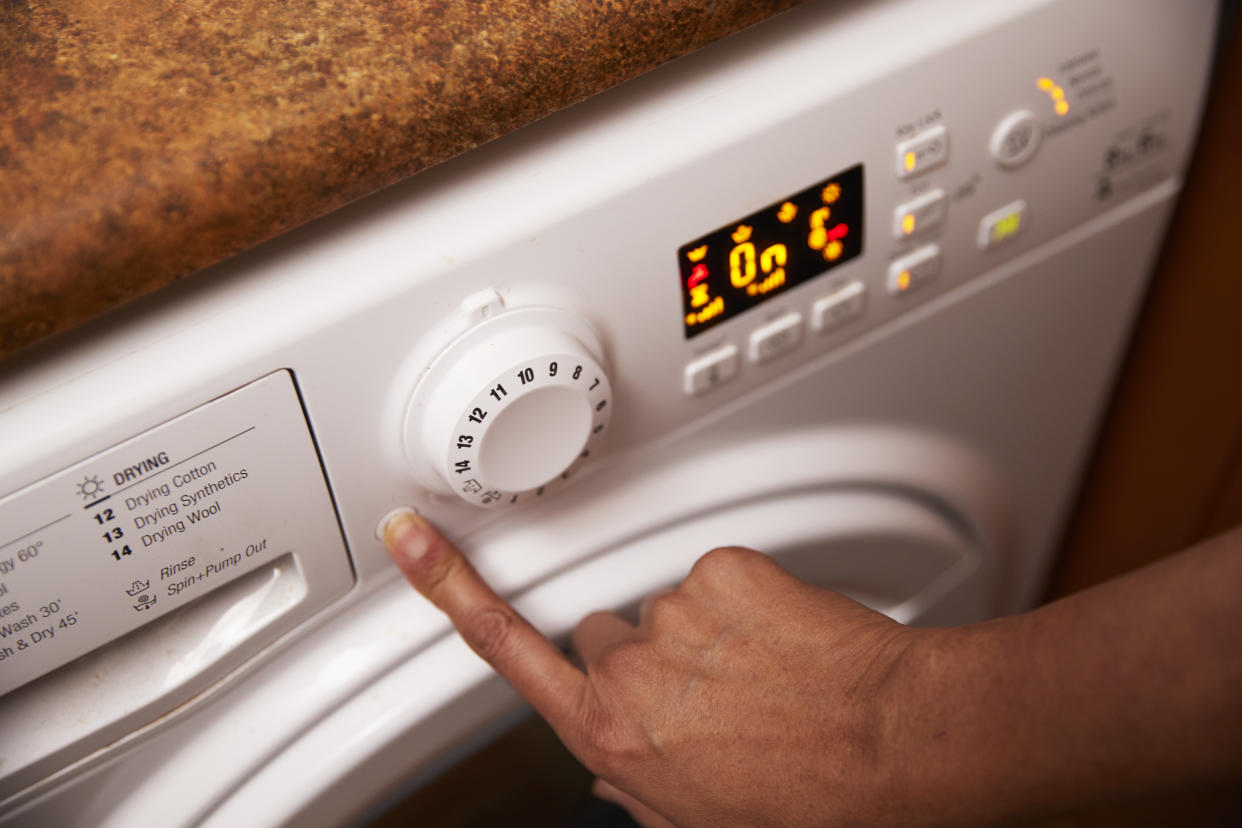How to cut the cost of laundry

With the cost of living crisis putting financial pressure on households across the country, many are worried about the impact of huge energy, food, rent and mortgage costs and looking to make savings wherever we can.
Here we leave you with some top tips from consumer body Which? which consumers can take to save money on their laundry costs.
1. Consider supermarket own-brand detergents
Don’t assume that big brand washing powder, capsules or liquids will wash your clothes better. Which? recently tested 36 different laundry detergents and found that the most expensive detergent tested cost 40p per wash, but one of the top-rated supermarket own-brand washing powders costs as little as 8p per wash and cleans just as well. Switching to a cheaper detergent could save you close to £67 per year – if you are using your machine four times a week.
2. Be wary of laundry hacks
There's a lot of advice online on how to save money by making your laundry detergent go further. Which? lab tested some of these hacks to see if they are effective for getting clothes clean and asked the British Skin Foundation whether any of them could cause skin problems.
Read more: Cost of living: 2.5 million households have missed a payment as bills remain high
Hacks such as using washing-up liquid instead of laundry detergent and adding bicarbonate of soda to your wash should be avoided, as both can irritate the skin. Neither hack did a good job of getting clothes clean either, making almost no impact on stains. Using shower gel instead of laundry detergent also didn’t clean clothes effectively.
Which? also tried a refillable laundry Ecoegg, designed to cut down single-use plastic and cut costs. However, it didn't manage to remove stains from clothes in Which?’s testing. If you use one, be prepared to wash soiled clothing twice.
3. Wash at off-peak times
Certain energy plans charge more for electricity between 5pm and 8pm, when people come home from work and switch on their appliances, so avoiding these times could be a way of saving money.
However, it’s not recommended you leave large appliances such as washing machines, washer-dryers and tumble dryers running when you’re sleeping as they can be fire hazards when left unattended.
4. Fill your washing machine to 80%
The most energy-efficient way of washing clothes is to fill up the drum to about 80% full, rather than washing fewer items on a quick wash programme. Quick programmes – or speed-up buttons – slightly reduce how much energy is used, but not as effectively as doing bigger normal washes less regularly.
Don’t overload the washing machine either as this could lead to clothes having a limited amount of space to move around and less room for the detergent to disperse.
5. Place your capsule at the back of the drum
If using a washing capsule, manufacturers recommend placing them at the back of the drum and then placing the laundry on top. This prevents the capsule travelling to the front of the machine, where it could get stuck to the door seal and not dissolve properly.
6. Use a sensible amount of detergent
A common misconception is that increasing the amount of detergent you use will mean your clothes become even cleaner. However, too much detergent can leave your clothes stained and covered in a sticky or slimy film because it wasn't rinsed away properly. It will also cost you more as you get through your detergent more quickly.
Read more: One in seven people skipping meals as cost of living bites
The amount you need can vary depending on the size of your machine, so check your washing machine or washer-dryer's instruction manual or the manufacturer website, and also be sure to read the instruction label on your detergent.
Watch: Cost of living pain still to come for millions despite Bank of England's rosier outlook
Download the Yahoo Finance app, available for Apple and Android.

